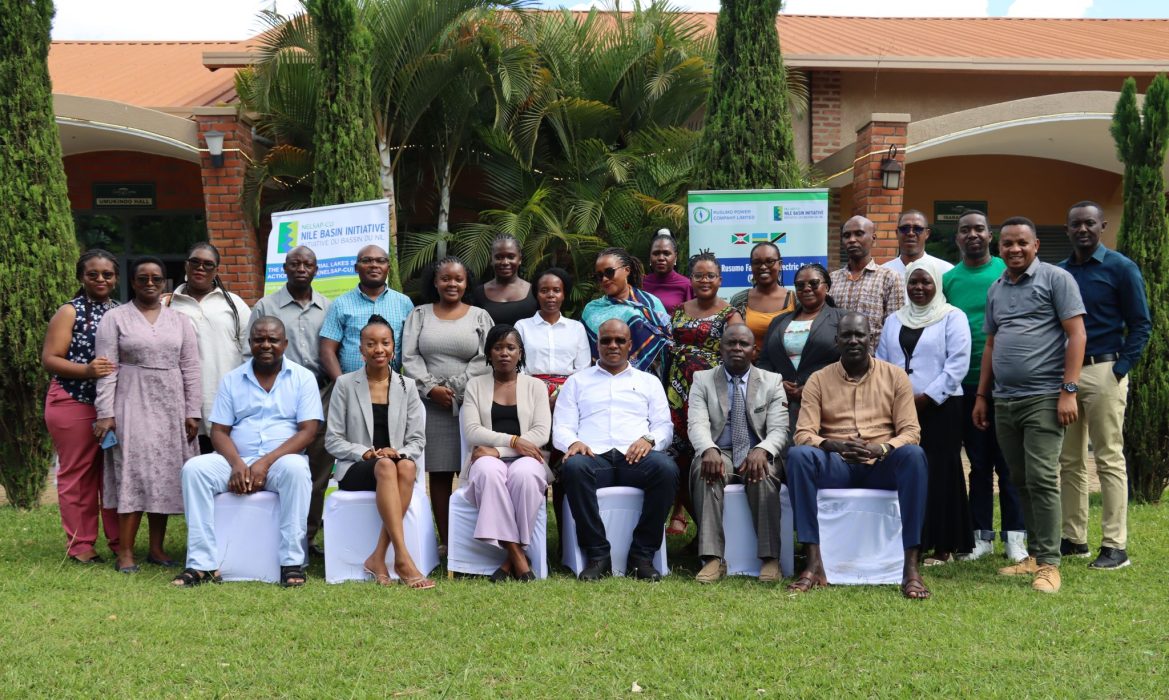
By Deng Ghai Deng
Kigali, Rwanda – Journalists from across the Nile Basin gathered in Kigali last week to kick off the 10th Nile Journalists Media Training, focused on using new technologies to improve environmental and science reporting.
Dr. Isaac Alukwe, Regional Coordinator of the Nile Equatorial Lakes Subsidiary Action Program (NELSAP), opened the event with a call to action. He encouraged reporters to go beyond traditional methods and use tools like artificial intelligence and digital mapping to better tell the story of the Nile.
“The story of the Nile is not just about rivers and dams,” said Dr. Alukwe. “It is about people, resilience, and hope.”
This year’s training, held in Bugesera and themed “Artificial Intelligence, Mapping, and New Journalism Tools: Improving Accuracy and Fact-Checking,” brought together journalists committed to covering important issues like climate change, water management, and community development.
Participants combined classroom learning with field visits to development projects in Rusumo, Tanzania. These hands-on experiences are designed to help journalists see the real-world impact of regional cooperation efforts.
The training was supported by the World Bank through the NCCR Project and the Nile Basin Initiative (NBI). It’s part of a larger mission to build a well-informed media network that can support sustainable development in the region.
